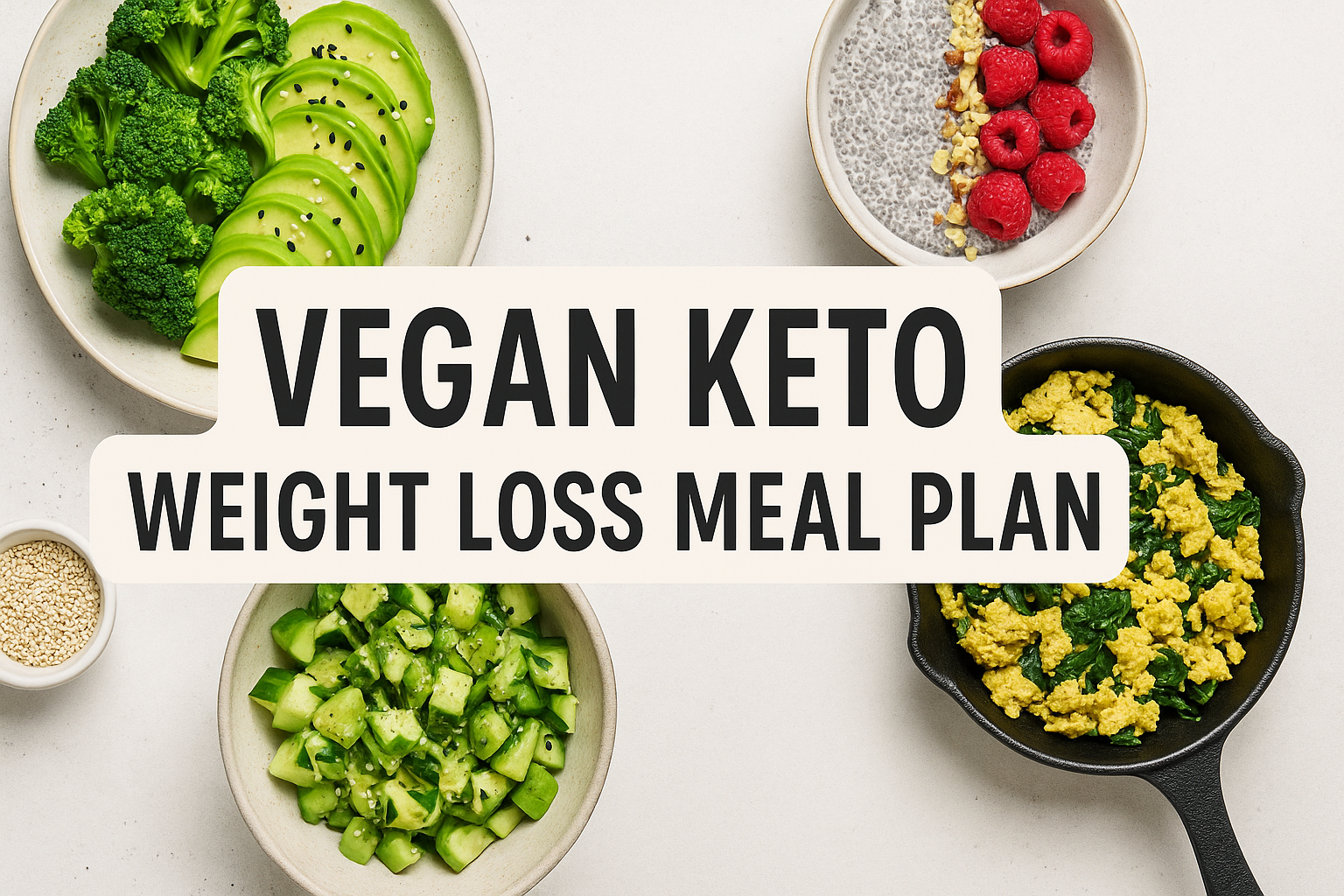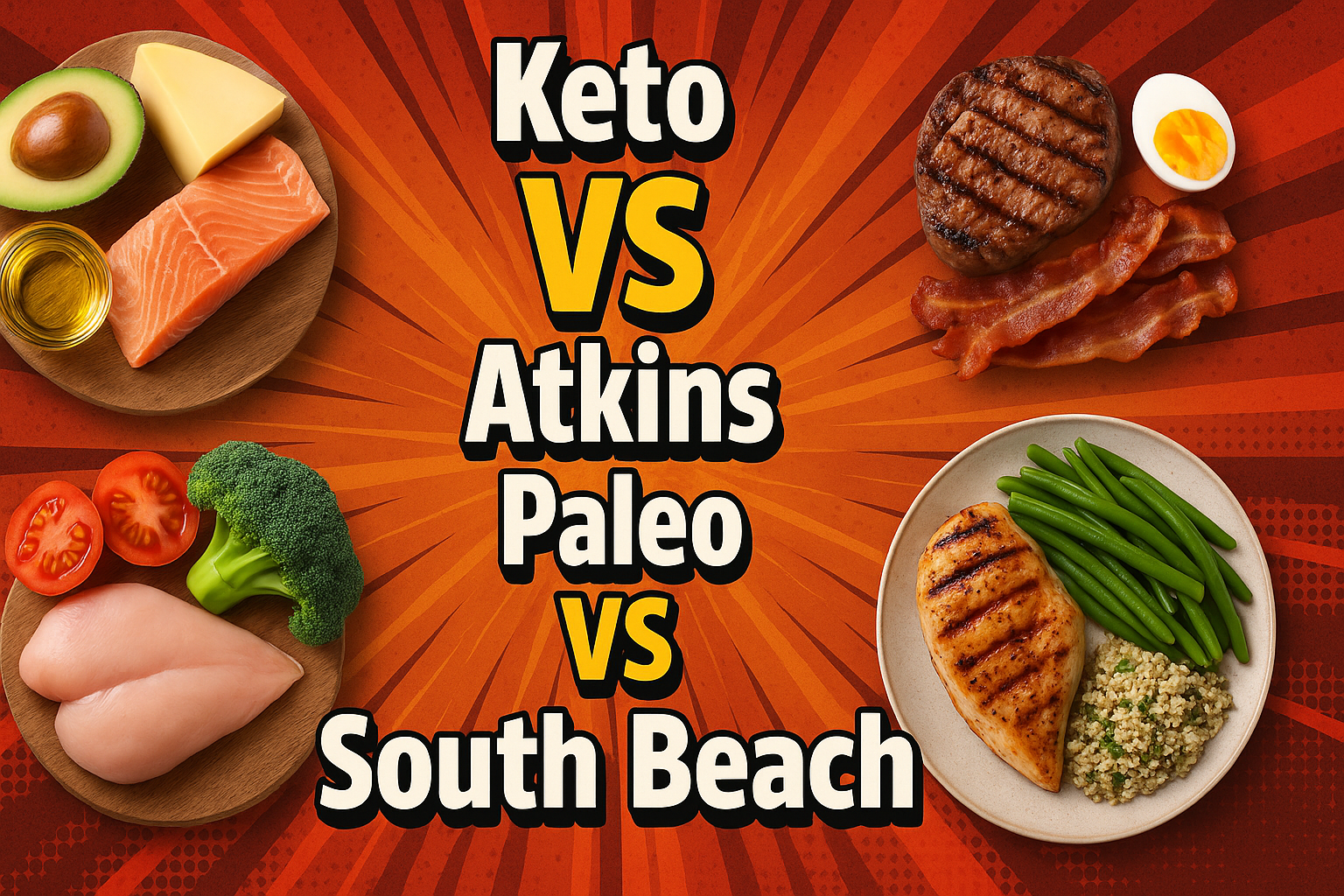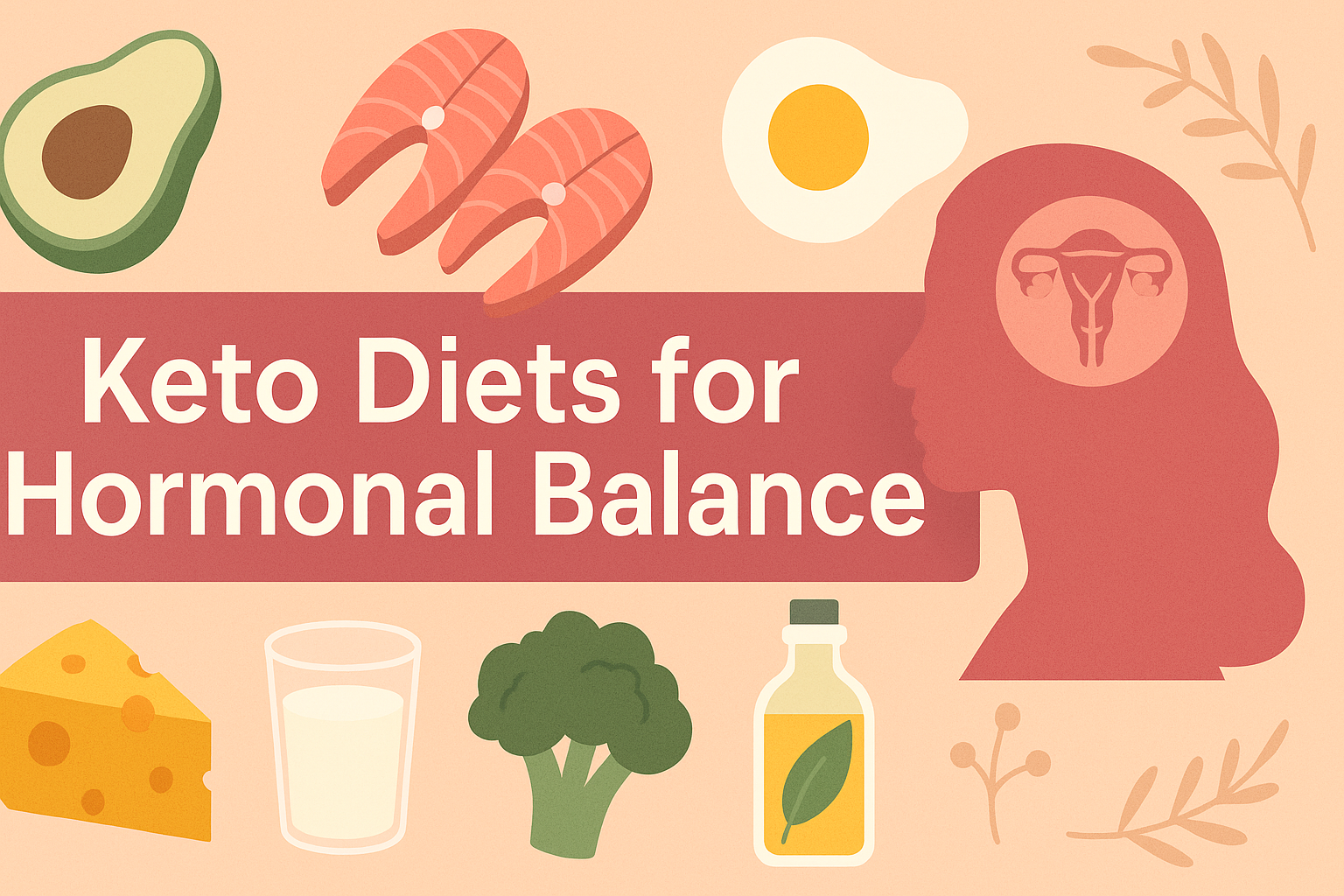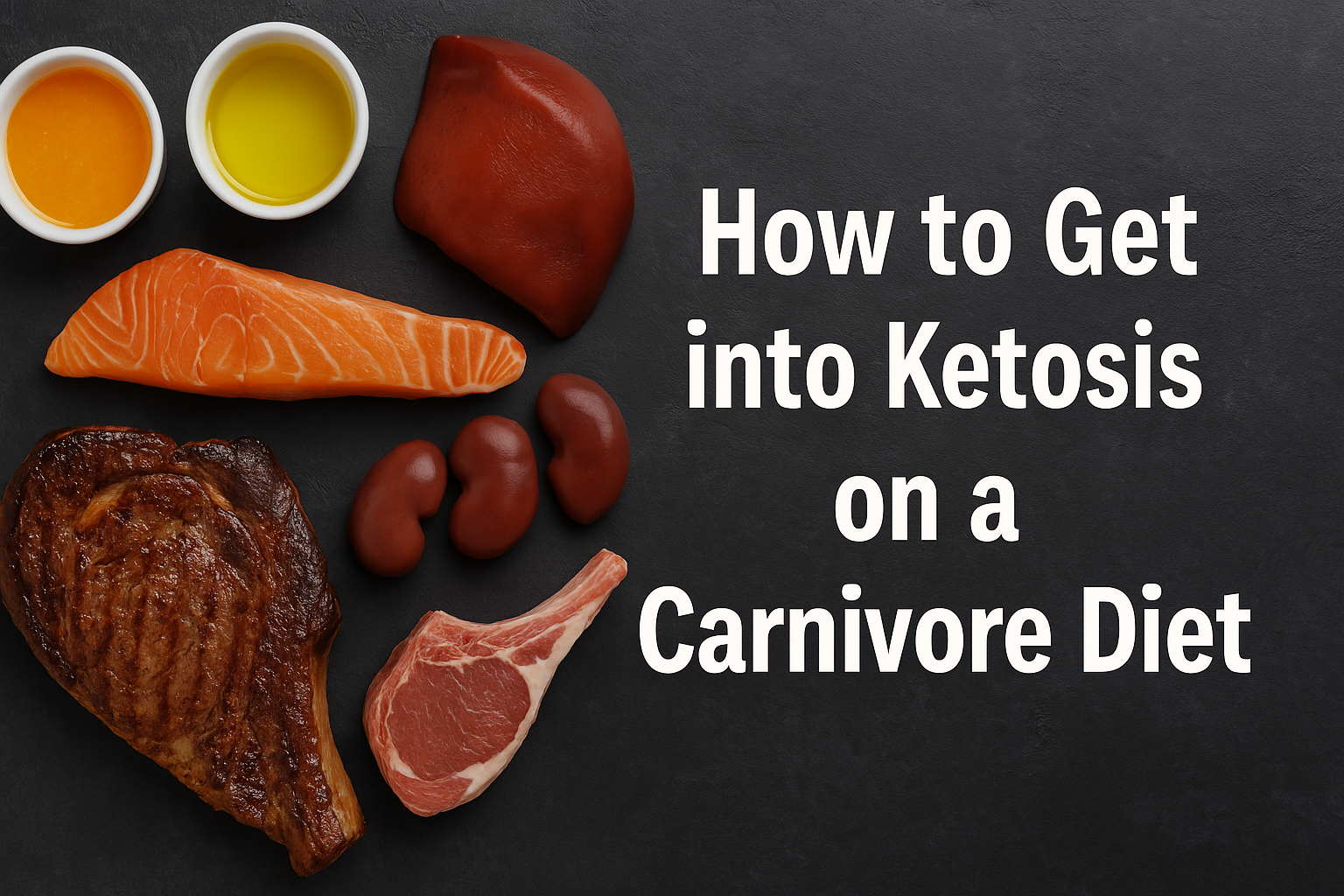Introduction
Adopting a Vegan Keto Weight Loss Meal Plan might seem like a tricky balancing act, but trust me, it’s absolutely doable—and the results can be amazing! If you’re seeking to lose weight while adhering to your plant-based principles, this approach provides the most advantageous outcomes. You get the ethical and environmental benefits of veganism, combined with the fat-burning, energy-boosting power of ketosis.
Having the right kitchen tools can significantly simplify meal prep. One of my go-to essentials is the Hamilton Beach Food Processor & Vegetable Chopper—perfect for whipping up cauliflower rice, zucchini noodles, and other low-carb staples. Check it out here to streamline your meal prep!
Affiliate Disclaimer: This article contains affiliate links, which means I may earn a small commission at no extra cost to you if you make a purchase through these links. Thank you for your support!
Understanding Vegan Keto Basics
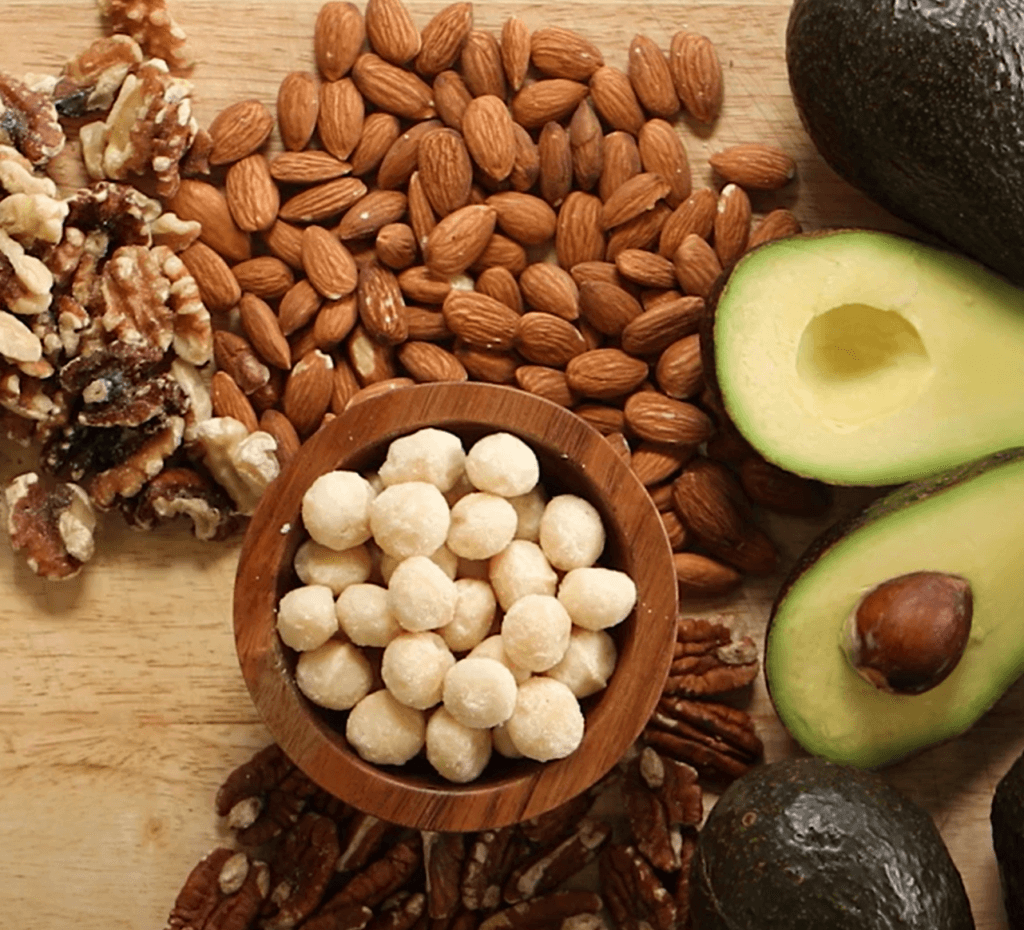
A vegan keto diet combines the principles of veganism (no animal products) with those of a ketogenic diet (high fat, low carb). The primary goal is to enter a state of ketosis, where your body burns fat for fuel instead of carbohydrates.
This is achieved by carefully selecting plant-based foods that are high in healthy fats and low in carbs.
Key components of a vegan keto diet include:
- Healthy Fats: Avocados, nuts, seeds, coconut products, and plant-based oils.
- Low-Carb Vegetables: Leafy greens, cruciferous vegetables, and other non-starchy options.
- Plant-Based Proteins: Tofu, tempeh, seitan, and vegan protein powders.
Crafting Your Vegan Keto Meal Plan
Creating a vegan keto meal plan needs careful planning and creativity. Here’s a sample day to illustrate how you can structure your meals:
Breakfast
- Tofu scramble with spinach and vegan cheese.
- Half an avocado.
Lunch
- Cauliflower rice stir-fry with tempeh and low-carb vegetables.
- Tahini sauce drizzle.
Dinner
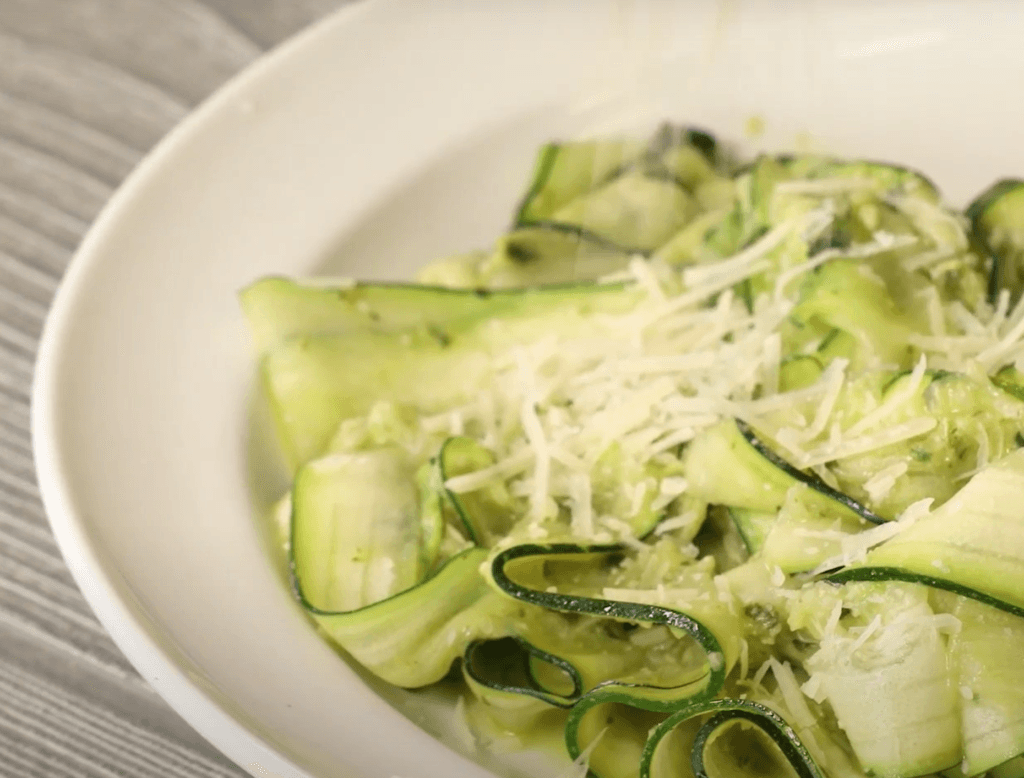
- Zucchini noodles with vegan keto pesto and pine nuts.
- A side salad is served with an olive oil dressing.
Snacks
- Celery sticks with almond butter.
- Vegan keto fat bombs.
- Handful of macadamia nuts.
Overcoming Vegan Keto Challenges
Meeting Protein Needs
One of the biggest hurdles in a vegan keto diet is meeting your protein needs while keeping carbs low. This needs careful food combining and possibly supplementation.
Experiment with different protein sources to find what works best for you.
Consider incorporating:




Avoiding Nutrient Deficiencies
Pay special attention to potentially deficient nutrients, including:
- Vitamin B12: Found in fortified plant milks and nutritional yeast.
- Iron: Abundant in leafy greens, pumpkin seeds, and fortified foods.
- Omega-3 Fatty Acids: Available in algae-based supplements or flaxseeds.
Consider taking supplements or focusing on fortified foods to confirm you’re meeting your nutritional needs.
The Science Behind Vegan Keto Weight Loss
While research on vegan keto diets is still emerging, studies on plant-based low-carb diets have shown promising results. A 2009 study published in the European Journal of Clinical Nutrition found that a low-carb vegan diet improved glycemic control and reduced LDL cholesterol in people with type 2 diabetes.
The combination of a vegan diet’s anti-inflammatory properties with the fat-burning effects of ketosis creates a powerful approach for weight loss and overall health improvement. This synergy may lead to:
- Improved insulin sensitivity.
- Reduced inflammation.
- Enhanced fat burning.
- Stabilized blood sugar levels.
Adapting Vegan Keto to Your Lifestyle
There’s no one-size-fits-all approach to vegan keto. Some people thrive on a strict version, while others benefit from a more flexible approach.
Listen to your body and adjust accordingly.
Consider the following scenarios:
Athletes and Active Individuals
If you’re an athlete or highly active, you might need to incorporate more carbs around your workouts. This could involve:
- Consuming a small portion of fruit before intense exercise.
- Adding a serving of sweet potato or quinoa post-workout.
- Increasing overall carb intake on heavy training days.
Traveling
When traveling, you might need to be more lenient with your macros. Strategies for staying on track include:
- Packing vegan keto-friendly snacks (nuts, seeds, protein bars).
- Researching vegan-friendly restaurants at your destination.
- Opting for salads with added fats (avocado, olive oil) when dining out.
Social Situations
Navigating social situations can be challenging. Consider these tips:
- Eat a small meal before attending events.
- Offer to bring a vegan keto-friendly dish to share.
- Focus on socializing as opposed to food.
Pro Tips for Vegan Keto Success
- Invest in Quality Kitchen Equipment: A good blender is essential for making smoothies, sauces, and nut-based cheeses. A small and easy blender is the Magic Bullet Blender, check the price HERE.
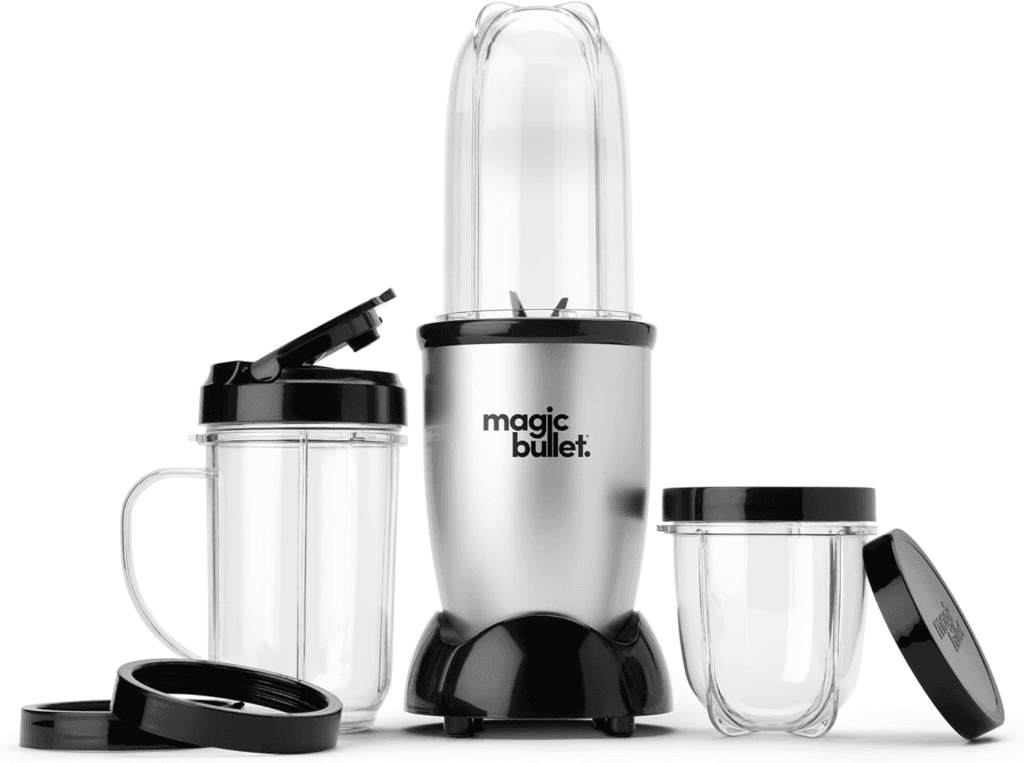
Consider purchasing a food processor for creating cauliflower rice and veggie noodles. A good and versatile food processor is the Hamilton Beach Food Processor & Vegetable Chopper for Slicing, Shredding, Mincing, and Puree.
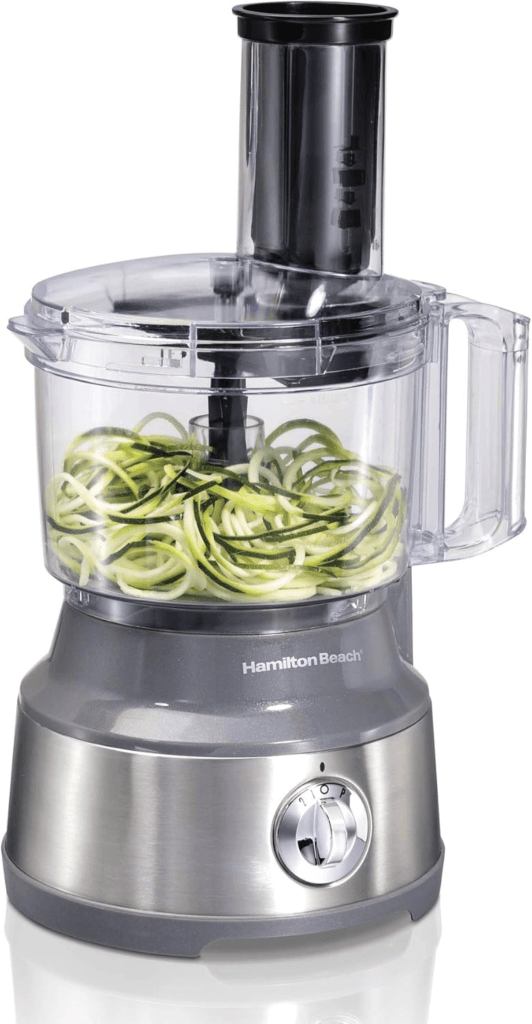
- Experiment with Herbs and Spices: Keep your meals interesting by exploring different flavor profiles.
Try combinations like:
- Curry powder and coconut milk
- Basil and nutritional yeast
- Smoked paprika and garlic
- Embrace Healthy Fats: Don’t shy away from fats – they’re essential for keeping you satiated and in ketosis.
Include a variety of fat sources in each meal, such as:
- Stay Hydrated: Proper hydration is crucial on a ketogenic diet.
Aim for at least 8-10 glasses of water per day.
Consider adding electrolytes to your water, especially during the initial adaptation phase.
- Track Your Macros: At least initially, use a food tracking app to confirm you’re hitting your target macronutrient ratios.
Aim for:
- 70-75% of calories from fat
- 20-25% of calories from protein
- 5-10% of calories from carbohydrates
- Plan and Prep: Dedicate time each week to meal planning and preparation.
This will help you stay on track and avoid reaching for non-compliant foods when you’re busy or tired.
- Listen to Your Body: Pay attention to how different foods make you feel.
Adjust your diet as needed to improve your energy levels and overall well-being.
Sample Vegan Keto Meal Ideas
Breakfast Options
- Chia seed pudding with unsweetened coconut milk and berries.
- Vegan keto pancakes made with almond flour and flax eggs.
- Smoothie bowl with spinach, avocado, and vegan protein powder.
Lunch Ideas
- Lettuce wraps with walnut “meat” and avocado.
- Keto-friendly vegan sushi rolls with cauliflower rice.
- Zucchini noodle salad with pesto and hemp seeds.
Dinner Suggestions
- Cauliflower curry with coconut milk and tofu.
- Stuffed bell peppers with vegan ground “meat” and cashew cheese.
- Eggplant lasagna with almond flour “noodles” and vegan ricotta.
Snack Options
- Kale chips with nutritional yeast.
- Cucumber slices with vegan cream cheese.
- Roasted seaweed snacks.
Exercise and Vegan Keto
While diet plays a crucial role in fat loss, incorporating exercise can enhance your results and overall health. Consider the following types of exercise:
- Strength Training: Building muscle can increase your metabolic rate and improve insulin sensitivity.
Try bodyweight exercises or resistance training with weights.
- Low-Intensity Cardio: Activities like walking, swimming, or cycling can help burn fat without depleting glycogen stores.
- High-Intensity Interval Training (HIIT): Short bursts of intense exercise can boost fat burning and improve cardiovascular health.
Start with one or two sessions per week.
- Yoga or Pilates: These practices can improve flexibility, reduce stress, and enhance mind-body connection.
Remember to listen to your body and adjust your exercise routine as needed, especially during the initial adaptation phase to a vegan keto diet.
Monitoring Your Progress
Tracking your progress can help you stay motivated and make necessary adjustments. Consider monitoring:
- Weight: Weigh yourself weekly, at the same time and under the same conditions.
- Body Measurements: Take measurements of your waist, hips, thighs, and arms monthly.
- Energy Levels: Keep a journal to track how you feel throughout the day.
- Sleep Quality: Note any changes in your sleep patterns or quality.
- Blood Work: Regular check-ups can help confirm you’re meeting your nutritional needs and improving health markers.
Potential Side Effects and How to Manage Them
As with any significant dietary change, you may experience some side effects when transitioning to a vegan keto diet. These can include:
- Keto Flu: Symptoms like fatigue, headaches, and irritability may occur as your body adapts to using fat for fuel.
Stay hydrated and confirm adequate electrolyte intake.
- Constipation: Increase your fiber intake through low-carb vegetables and consider a vegan-friendly fiber supplement if needed.
- Bad Breath: This is a common side effect of ketosis.
Stay hydrated and practice good oral hygiene.
- Nutrient Deficiencies: Regular blood work and consultation with a healthcare professional can help identify and address any potential deficiencies.
Long-Term Sustainability
While a vegan keto diet can be effective for fat loss, it’s essential to consider its long-term sustainability. Some people may find it challenging to maintain this strict eating pattern indefinitely.
Consider these approaches:
- Cyclical Keto: Incorporate higher-carb days periodically to replenish glycogen stores and provide more dietary variety.
- Targeted Keto: Add small amounts of carbs around workouts to support exercise performance.
- Gradual Transition: Slowly increase carb intake to find a balance that maintains weight loss while allowing for more dietary flexibility.
Frequently Asked Questions
What is a vegan keto diet?
A vegan keto diet combines the principles of veganism (no animal products) with those of a ketogenic diet (high fat, low carb). It aims to induce a state of ketosis while adhering to plant-based eating.
How many carbs can I eat on a vegan keto diet?
Most vegan keto diets recommend limiting carbohydrate intake to 20-50 grams per day, depending on person factors and goals.
Is it possible to get enough protein on a vegan keto diet?
Yes, it’s possible to meet protein needs on a vegan keto diet through sources like tofu, tempeh, seitan, and plant-based protein powders. Careful planning and possibly supplementation may be necessary.
Can I eat fruit on a vegan keto diet?
Most fruits are high in carbohydrates and should be limited on a vegan keto diet. Small amounts of low-carb fruits like berries can be included in moderation.
How long does it take to see results on a vegan keto diet?
Individual results vary, but many people report noticeable weight loss within the first few weeks. Sustainable, long-term results typically occur over several months.
Are there any risks associated with a vegan keto diet?
Potential risks include nutrient deficiencies, especially in vitamin B12, iron, and omega-3 fatty acids. Consulting with a healthcare professional and careful planning can help mitigate these risks.
Can I drink alcohol on a vegan keto diet?
While some low-carb alcoholic beverages can fit into a vegan keto diet, alcohol consumption may slow weight loss and ketosis. If you choose to drink, do so in moderation.
How do I know if I’m in ketosis?
Signs of ketosis include increased energy, reduced hunger, and a fruity breath odor. You can also use urine strips or blood ketone meters for more accurate measurements.
Can I exercise while on a vegan keto diet?
Yes, exercise is encouraged on a vegan keto diet. You may need to adjust your workout intensity or timing, especially during the initial adaptation phase.
Is a vegan keto diet suitable for everyone?
While many people can benefit from a vegan keto diet, it may not be suitable for everyone. Consult with a healthcare professional before making significant dietary changes, especially if you have pre-existing health conditions.
Key Takeaways
- A vegan keto diet combines plant-based eating with high-fat, low-carb principles for weight loss and health benefits.
- Careful planning is essential to meet nutritional needs and maintain ketosis while following a vegan keto diet.
- Focus on healthy plant-based fats, low-carb vegetables, and adequate protein sources.
- Be prepared to overcome challenges like meeting protein needs and avoiding nutrient deficiencies through strategic food choices and possible supplementation.
- Listen to your body and adapt the diet to fit your lifestyle, activity level, and person needs.
